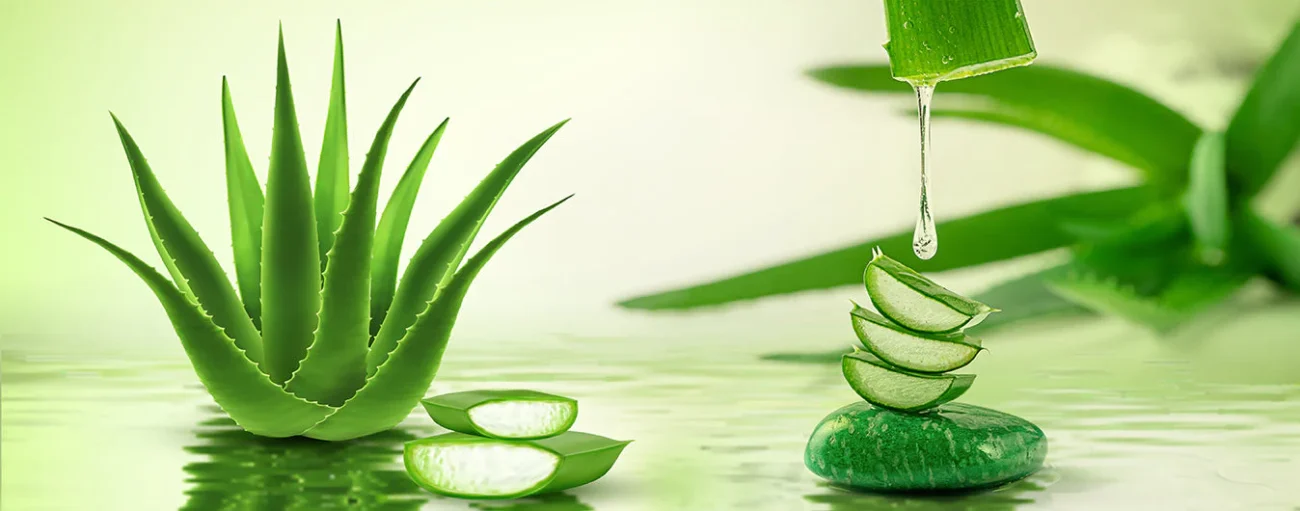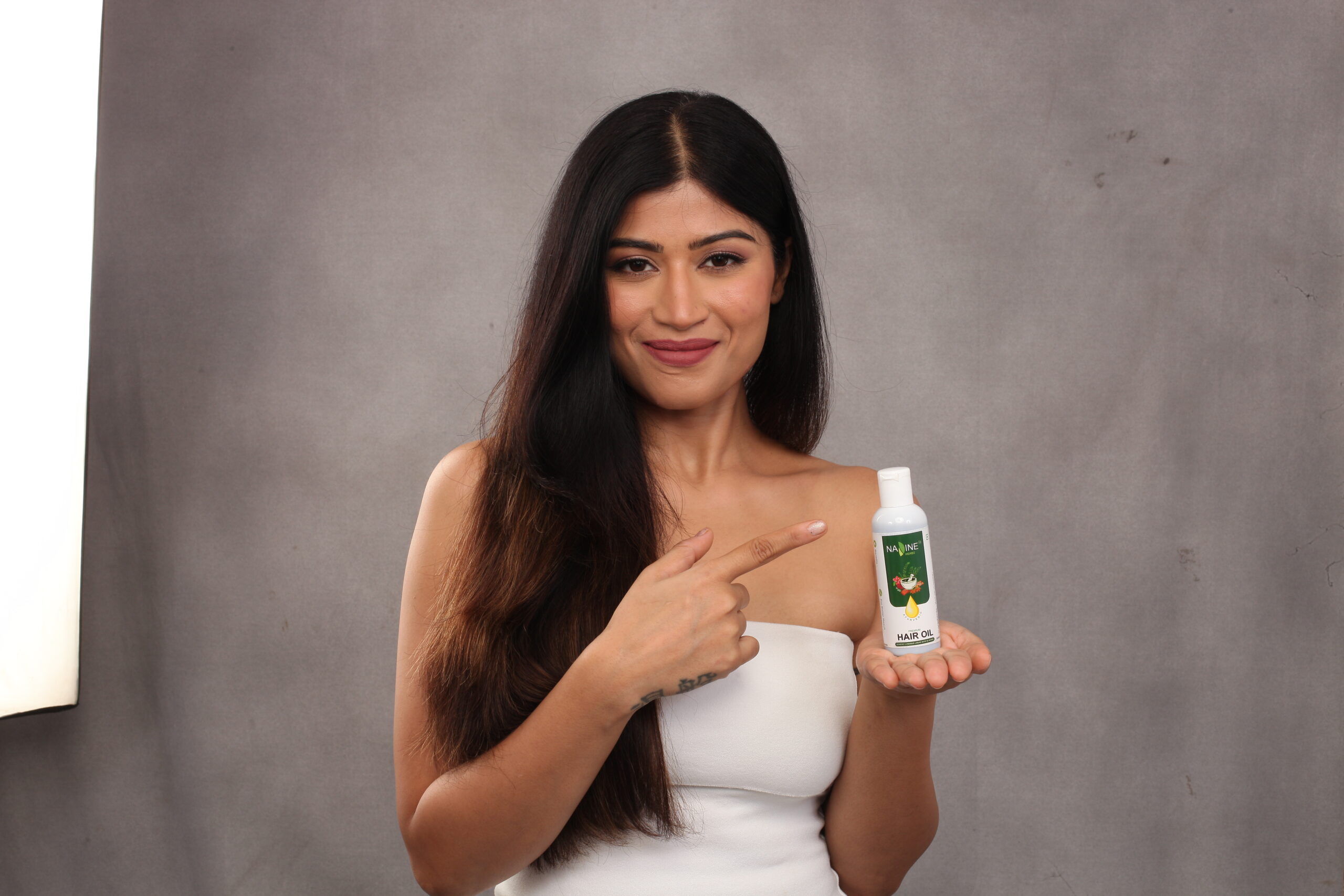We’ve all been there: you try a new hair product, only to end up with an itchy, irritated scalp, or even worse, painful rashes and hair loss. Allergic reactions on the hair and scalp are far more common than you might think, and they can leave you feeling helpless, frustrated, and vulnerable. But don’t worry—you’re not alone, and there’s hope.In this blog post, we’ll dive deep into why allergic reactions occur on our hair and scalp, explore the impact of chemically-infused products, and discover how to treat these allergies using gentle, natural remedies that soothe, heal, and protect. Let’s take this journey together towards a healthier scalp and more beautiful hair.
Understanding Allergic Reactions on the Hair and Scalp

What Causes Allergic Reactions on Hair?
Allergic reactions on the hair and scalp occur when our bodies perceive certain ingredients in hair care products as harmful. This can trigger an immune response that leads to symptoms such as itching, redness, inflammation, rashes, and even hair loss. Common culprits in chemically-infused products include parabens, sulfates, artificial fragrances, preservatives, and dyes.
The Impact of Chemical Ingredients on Your Scalp
Chemical ingredients found in many commercial hair care products can strip the scalp of its natural oils, disrupt its pH balance, and damage the protective barrier that keeps your scalp healthy. Over time, this damage can lead to increased sensitivity and the development of allergies, making it more challenging to find products that won’t cause a reaction.

Signs You’re Experiencing an Allergic Reaction
Symptoms of an allergic reaction on the scalp and hair can vary, but common signs include:
- Itchy Scalp: Persistent itching that doesn’t go away.
- Redness and Inflammation: Red, inflamed patches on your scalp.
- Dryness and Flakiness: Your scalp may feel dry, tight, or flaky.
- Rashes or Bumps: Raised bumps, blisters, or hives can form.
- Hair Loss: In severe cases, you may experience hair thinning or loss.
If you’re experiencing any of these symptoms, it’s time to consider making a change and embracing natural alternatives.
Embracing the Power of Natural Remedies or Nadine Herbs 🌿
Why Choose Herbal Ingredients Over Chemically-Infused Products?
Choosing herbal ingredients over chemical products isn’t just about avoiding an allergic reaction—it’s about nurturing your scalp and hair with the kindness and care they deserve. Here’s why:
- Gentle on the Scalp: Herbal remedies are often soothing and less likely to cause irritation.
- Rich in Nutrients: Natural ingredients are packed with vitamins, minerals, and antioxidants that promote scalp health.
- Free from Harsh Chemicals: By avoiding parabens, sulfates, and artificial fragrances, you reduce your risk of allergic reactions.
- Eco-Friendly: Herbal ingredients are biodegradable and kinder to the planet.
Best Herbal Ingredients to Soothe Allergic Reactions on Hair
1. Aloe Vera

Aloe vera is a powerful anti-inflammatory agent that can calm itching, redness, and swelling. It also moisturizes the scalp, helping to relieve dryness and flakiness. Apply fresh aloe vera gel directly to the scalp and leave it on for 30 minutes before rinsing with lukewarm water.
2. Chamomile

Chamomile has soothing and anti-inflammatory properties that can help calm irritated skin. Brew a strong chamomile tea, let it cool, and use it as a final rinse after shampooing. This will help to reduce itching and redness while adding shine to your hair.
3. Tea Tree Oil

Tea tree oil is a natural antiseptic that fights bacteria and fungi, which can cause scalp irritation. Mix a few drops of tea tree oil with a carrier oil (like coconut or jojoba oil) and massage it into your scalp. Leave it on for 20-30 minutes before rinsing. Avoid applying tea tree oil directly to the skin as it can be too strong.
4. Neem Oil

Neem oil is an ancient remedy known for its antifungal, antibacterial, and anti-inflammatory properties. It helps in treating scalp infections and soothes itching and redness. Mix a few drops of neem oil with coconut oil and apply to the affected areas of your scalp.
5. Rosemary

Rosemary is known for stimulating hair growth and improving circulation to the scalp. It also has anti-inflammatory properties that can help calm irritation. Make a rosemary rinse by boiling fresh or dried rosemary in water, letting it cool, and using it after shampooing.
6. Lavender Oil

Lavender oil not only smells great but also has antibacterial and antifungal properties that help keep your scalp healthy. It reduces inflammation and promotes hair growth. Add a few drops to a carrier oil and massage it gently into your scalp.
How to Incorporate Herbal Remedies into Your Hair Care Routine
Step 1: Identify the Trigger – Before you start any treatment, identify the products or ingredients causing the allergic reaction. Check labels for common irritants like sulfates, parabens, and artificial fragrances. Discontinue use immediately.
Step 2: Perform a Patch Test – Even natural ingredients can cause allergies in some people. Always perform a patch test by applying a small amount of the remedy to the inside of your wrist or behind your ear. Wait 24 hours to see if there’s any reaction.
Step 3: Regularly Use Herbal Treatments – Incorporate herbal treatments into your regular hair care routine. You can use these natural ingredients weekly or as needed, depending on your scalp’s condition. Remember, consistency is key to seeing lasting results.
Step 4: Stay Hydrated and Nourished – Healthy hair starts from within. Stay hydrated and consume a diet rich in vitamins, minerals, and omega-3 fatty acids to support your scalp and hair health.
Frequently Asked Questions (FAQs)
1. Can an allergic reaction cause permanent hair loss?
In most cases, allergic reactions do not cause permanent hair loss. However, severe reactions or prolonged exposure to irritants can damage the hair follicles, leading to temporary thinning or hair loss. It is crucial to address the reaction promptly and seek natural remedies.
2. How long does it take for a natural remedy to work?
The effectiveness of natural remedies can vary from person to person. Some people may notice relief after just one application, while others might need several weeks of consistent use. Patience and regular application are key.
3. Are herbal remedies safe for all hair types?
Herbal remedies are generally safe for all hair types, but it’s always a good idea to perform a patch test before using a new ingredient. People with specific allergies should avoid ingredients known to trigger their reactions.
4. Can I mix multiple herbal ingredients together?
Yes, many herbal ingredients work well together and can be mixed to create a powerful treatment. However, always ensure that you’re not combining too many active ingredients at once, as this could irritate sensitive skin.

Conclusion – Dealing with an allergic reaction on your scalp can be both physically and emotionally draining. But by choosing natural remedies over chemically-infused products, you can soothe your irritated scalp, nourish your hair, and reclaim your confidence. Remember, the journey to healthier hair starts with understanding what your scalp truly needs—gentle, loving care from nature’s bounty. You deserve to feel good in your skin, from head to toe.

